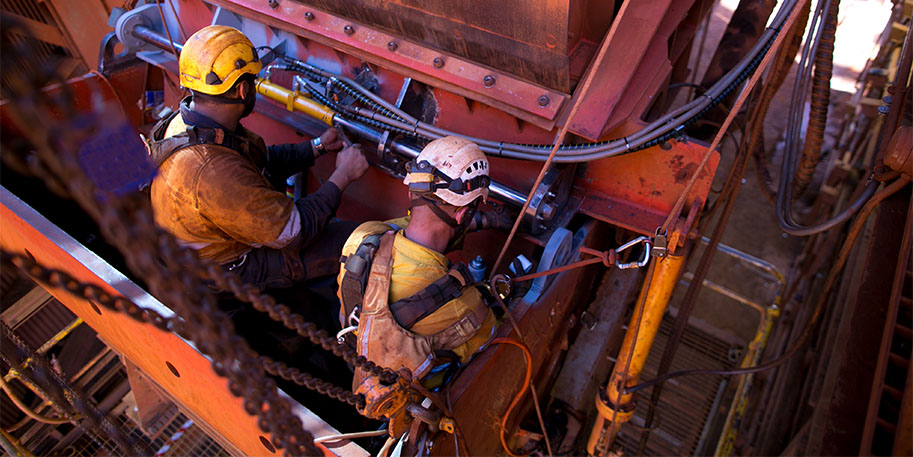Anyone who’s worked in mining knows how quickly the market shifts. One moment there’s a hiring frenzy—new projects, expansion plans, contractors everywhere. Then next, it’s all about cost-cutting and holding on to key staff. These swings mean pay rates can vary wildly over time and between regions. What was considered a solid offer 18 months ago might now be completely out of touch. Which is why mining industry salary benchmarking is so important.
Without reliable salary data, companies often fall back on guesswork—copying what they paid last time, or assuming internal pay bands are still competitive. But in a market where niche skills are in short supply, that approach leads to roles staying open for months or, worse, top candidates walking away mid-process.
It’s not about offering the most—it’s about offering what’s right
Salary benchmarking isn’t just about throwing more money at the problem. It’s about understanding what candidates with similar skills and experience are earning right now—on similar rosters, in similar locations, and within similar company structures. That context matters.
For example, a reliability engineer working FIFO out of Perth for a Tier 1 miner will expect something quite different to someone in a residential role at a smaller gold operation in regional Queensland. If you don’t know the going rates in each scenario, it’s almost impossible to pitch an offer that lands.
Why benchmarking builds trust with candidates
Salary is still a taboo topic in some workplaces, but for candidates, it’s one of the biggest decision points. When an employer comes to the table with a well-reasoned, transparent salary offer—one that reflects market data—it tells the candidate: we’ve done our homework, we value your time, and we’re serious about getting this right.
Compare that to a vague range or a lowball offer. Not only does it delay the hiring process, it can damage your reputation—especially in tight-knit mining communities where word travels fast.
A stronger position for recruiters and hiring managers
Benchmarking also helps internal teams align early. If HR, hiring managers and recruiters are all working off the same data, you avoid the back-and-forth and misalignment that often slows things down. It’s easier to get approvals signed off, set realistic expectations, and make a strong first impression with candidates.
You can read more about the foundations of benchmarking here: What is Salary Benchmarking in Mining?
Mining salaries aren’t one-size-fits-all
One of the biggest misconceptions is that there’s a “standard” rate for a job title. But in mining, no two roles are exactly alike. A mechanical fitter working a 2:1 roster underground in WA isn’t operating under the same conditions—or expectations—as someone doing day shift maintenance at a processing plant in North Queensland. The same goes for trades, engineers, or even leadership roles.
Benchmarking helps make sense of those differences. It factors in not just the job title, but things like travel burden, site conditions, project phase, and even commodity type. It lets you fine-tune your offer based on what that specific role—and person—is likely to expect. That kind of precision is what gets offer letters signed.
Salary benchmarking protects your current workforce
Salary benchmarking isn’t just about new hires. It’s a smart way to keep an eye on internal equity and avoid the dreaded “why is the new guy on more than me?” problem. When you bring in someone on an above-average package and your current team catches wind of it (they always do), it can create frustration and turnover risk.
Regular benchmarking lets you spot pay discrepancies before they become an issue. It gives leaders the chance to adjust salaries, offer retention incentives, or build clearer pathways for progression—so your current team doesn’t feel like they have to leave to get a pay rise.

